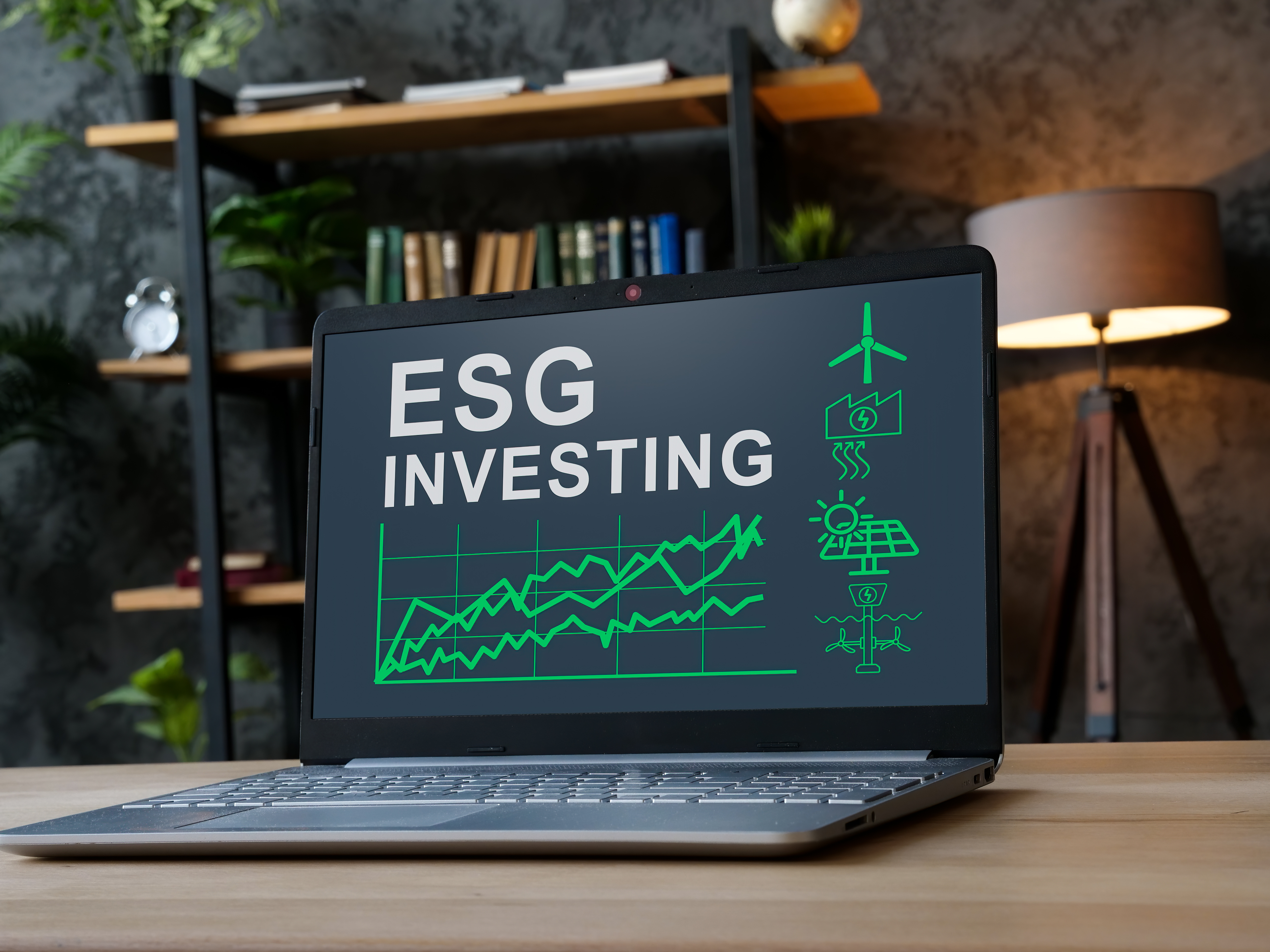ESG must learn from the tech bubble - returns matter
Investors must not forget about profits, even as they focus on wider criteria

Longstanding ESG fund managers – there are a few around – should be comparing experiences with managers of technology funds at the beginning of the dotcom boom over twenty years ago.
Everybody got the tech bug, until it ended in tears. Whether investing on environmental, social and governance (ESG) criteria amounts to a bubble or not, ESG investors should keep sight of their financial objectives.
During the dotcom bubble the investment industry was transformed. Investment bank analysts ditched their suits for the jeans and t-shirts uniform of Silicon Valley entrepreneurs while claiming that the future was all about technology, media, and telecoms companies.
Tech stocks soared and non-tech companies rebranded themselves to get in on the action. It seemed that almost any listed company launching a website saw its share price rise. New money, fuelled by relatively low interest rates, chased start-ups without revenues let alone the prospect of profits. Innovative methods to value companies far into the future were promoted, implying further upside to share prices.
Technology funds were launched and index providers obliged with new benchmarks. The demand for tech investments vastly exceeded sustainable supply, while ‘old economy’ stocks, which generated sales, profits, and dividends, were sold. It all seemed very credible and exciting. We know how it ended.
ESG investing has increased substantially in the past three years or so. It is an exciting time.
Estimates of its growth vary. Morningstar reports that a net $51.1bn flowed into US sustainable funds alone in 2020. In early April 2021, Blackrock, the investment group, launched the largest exchange traded fund to date, with $1.25bn invested in its new US Carbon Transition Readiness Fund.
Old funds are rebranding as ESG-focused. Many companies are rushing to align with the trend. New sustainability benchmarks have been developed. Green bonds are being issued at a premium to their conventional equivalents from the same issuers.
Yet investors are still buying. Are we in a bubble of sustainability assets? Patrick Pouyanné, CEO of Total, the French energy group, believes so. declared in February that renewable energy valuations were “just crazy today”, with oil companies buying in their rush to demonstrate they were also climate-friendly. His comments were met with barely more than a collective shrug. The demand for sustainable assets has exceeded supply, driving up prices and reducing future returns.
In time, the supply of credible ‘sustainability investments’ will increase and companies will adapt to investor and consumer demands. Some investors will pay too much and experience disappointing returns while others will do well. This is how markets work. The tech boom led to substantial gains to the consumer. For example, online retailing is now part of life; twenty years ago, it was innovation. Many investors lost substantial amounts of money but some innovative firms became the BigTech giants of today.
The case for ESG is not made by short-term performance, however welcome. ESG equity funds may have performed relatively well last year compared to conventional benchmarks, but many would have benefited from underweight positions in oil stocks and from oblique exposure to large companies with strong quality and growth characteristics. Likewise, it would be unfair to declare ESG has failed because it had a bad quarter. What matters is the extent to which ESG funds are meeting their investment objectives, including financial returns. If they do this, the case is made.
An investor might choose to invest in a higher risk prospect which could both succeed and, say, fight climate change, or fail with consequence loss. There will also be times when responsible investors will accept lower returns than otherwise apparently possible, partly because they will consider external costs to society or they will ethically exclude sectors that at times will perform well. But that is very different to relaxing investment discipline, either in the management of active funds or in asset allocation decisions, because sustainability is a good thing.
The Business Roundtable, an organisation of large US companies, announced in August 2019 that shareholder value would no longer be their sole focus. Instead, with ESG enthusiasm beginning to soar, they would be attending to a range of stakeholders, with shareholders bottom of their list. That was not completely good news. History provides many examples of management focusing on something other than sustainable returns on investment, such as the value of their stock options and executive pay, empire building, or political influence. These stories do not usually end well for investors. Downplay shareholder returns too far and investors are ill-served. Unless a business is sustainable financially it will not be around to exercise responsibility. The prize is found in integrating financial and ESG objectives.
The case of Danone is instructive on the role shareholders can play. A company with a declared and deep commitment to social purpose was nevertheless under pressure to improve financial returns, including from an activist shareholder committed to ESG. The result was the removal in March of the joint chairman and CEO. Whether or not one agrees the activists were being fair in that case, the best ESG fund managers will be passionate believers in investing responsibly in a sustainable market economy but sceptical of all they survey, including CEOs and companies bearing ESG gifts but not delivering on financial returns.
History is not preordained to repeat itself, but ESG investors should keep attention on prospective financial returns as well as to other potential gains to society. If they are not aligned, then someone is paying over the odds somewhere.
This article was published by the Financial Times on 17 August 2021.
Financial Times, 17 August 2021, 14/09/2021